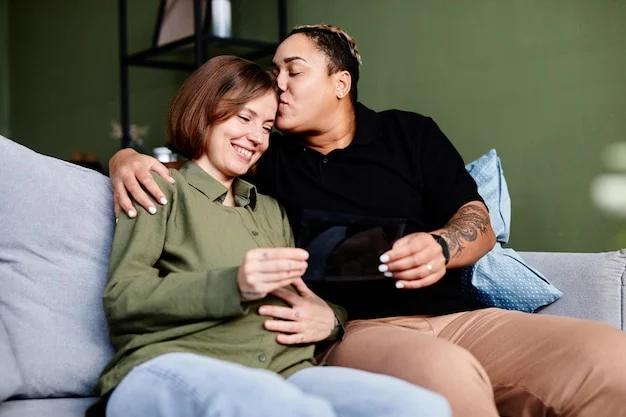As a parent, one of the most delicate issues to address is a child’s exploration of their body. Recently, while enjoying dinner with my children, I observed my daughter reaching under her skirt. I gently reminded her, “We don’t touch our vulvas at the table. Please go wash your hands and finish your meal.” She complied, but this incident sparked a deeper consideration.
It’s common for young children to show curiosity about their bodies. They lack any sense of shame or fear; to them, their bodies are simply fascinating. When I first encountered my child engaging in this behavior, I felt uncertain about how to respond. It was crucial for me not to react with fear or anger, as that might instill a sense of shame about her body.
After some reflection, I explained, “Sweetie, we don’t play with our vulvas in the living room. It’s a private matter, best suited for the bathroom or your bedroom.” This approach helped her understand boundaries without making her feel ashamed of her body.
As a parent, I advocate for a “sex-positive” approach, which does not mean discussing sexual intimacy inappropriately with young children. Instead, it involves being honest about the human body and reproduction. Unlike myths surrounding the Easter Bunny or Santa Claus, I avoid misleading my children about sex.
By addressing these topics openly, I aim to prevent confusion and shame about their bodies. We routinely read books like “Where Did I Come From?” and “What Makes A Baby?” which cover various aspects of reproduction in an age-appropriate manner. These discussions pave the way for more complex conversations about relationships, consent, and sexual health as they grow older.
It’s important to clarify that sex education should not be based on fear or misinformation. Programs that promote abstinence-only education have been shown to increase rates of teenage pregnancy. Instead, providing truthful information allows children to make informed decisions about their bodies and relationships.
By guiding them to understand that sexual feelings are normal but should be approached with care, I instill a sense of responsibility in my children. They learn that engaging in sexual activity requires maturity and the ability to handle potential consequences, such as pregnancy or sexually transmitted infections.
When I tell my children, “We don’t touch our vulvas at the table,” I am incorporating lessons about safety and consent into simple, relatable language. These conversations will evolve over time, encompassing topics like consent, healthy relationships, and the importance of communication.
Ultimately, I strive to create an environment where my children feel comfortable discussing their bodies and relationships openly. This foundational groundwork will help them navigate more complicated topics as they mature, such as consent and healthy sexual practices.
If you’re interested in learning more about pregnancy and home insemination, you can explore excellent resources like this one. Additionally, for those looking for fertility solutions, check out this guide.
In summary, fostering open dialogue about body awareness and sexuality in a manner that respects boundaries is key to raising confident individuals. Engaging in these discussions early can help children understand their bodies and the importance of consent, ultimately preparing them for healthy relationships.
